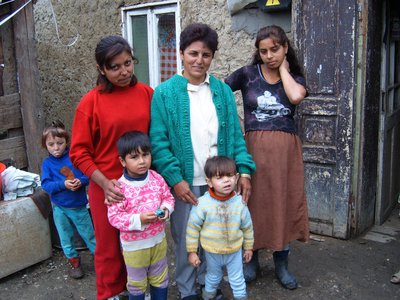19/11/2015
Roma Inclusion: Exploring the Gender Dimension
26/10/2015
Cooperation with HEKS Continues in Roma Ministry
01/07/2015
What Does This Jesus Want From Me?
21/05/2015
Balog Addresses Roma Commemoration
18/05/2015
Roma and Non-Roma People Apologized to Each Other In Balatonszárszó
13/03/2015
Roma Ministry: Frequently Asked Questions
07/08/2014
The Village Without a Washing Machine
07/08/2014
Steps Toward Social Inclusion
02/07/2014
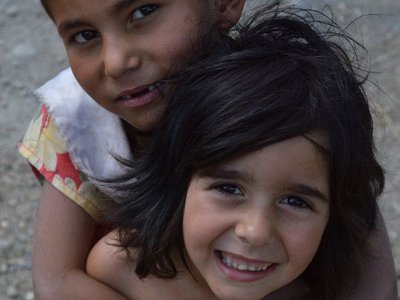
Honey Can Move Mountains
07/05/2014
Roma Mission Hosts National Gathering and Day of Prayer
23/04/2014
What's a day worth?
09/04/2014
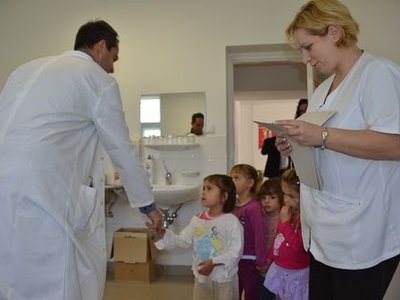
Supporting Roma Mission
10/03/2014
Spotlight on Partnership
04/02/2014
Fall Synod Report 2013
18/11/2013
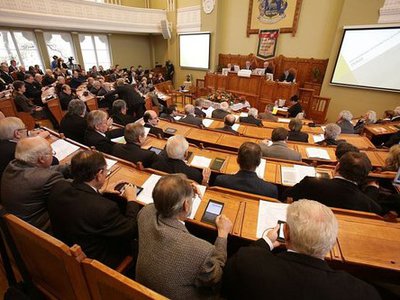
Learning from Roma Integration Initiatives in Hungary and Serbia
03/10/2013
Reflections on Mission
18/09/2013
A New Swiss-Hungarian Cooperation Is Born
06/09/2013
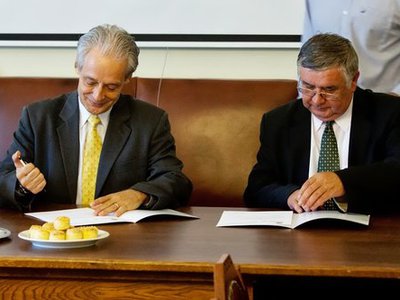
From South Dakota to Ukraine: UCC Pastor and His Wife Volunteering at Roma Camp
18/06/2013
A Step Toward Reconciliation
08/04/2013
